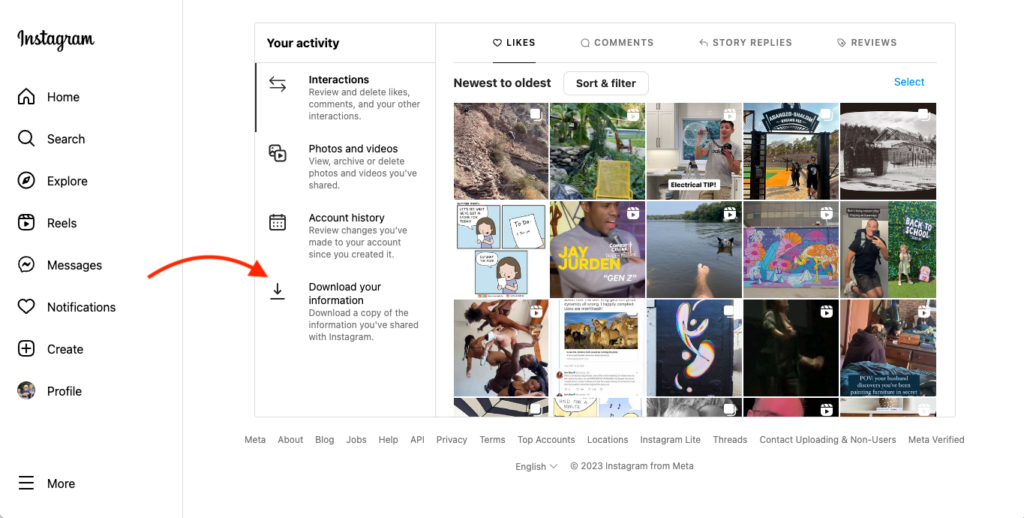Now Reading: Staying Safe Online: A Simple Guide to Protecting Your Digital Privacy in 2025
-
01
Staying Safe Online: A Simple Guide to Protecting Your Digital Privacy in 2025
Staying Safe Online: A Simple Guide to Protecting Your Digital Privacy in 2025

In an age where apps track every click and data leaks make headlines, protecting your digital privacy has become a daily necessity—not a luxury. From students in Nagpur to shop owners in Indore, everyone is connected, and everyone is vulnerable. As cyber threats grow more complex in 2025, understanding how to secure your online presence is the first step toward safe and smart digital living.
Why Digital Privacy Matters More Than Ever
With our lives increasingly online—banking, shopping, chatting, studying—our data is constantly being collected. Even small details like your location, interests, or phone habits can be used to profile you. That’s why digital privacy is about more than just passwords; it’s about control over your own information.
Start with Strong Password Habits
Use unique, strong passwords for each service. Avoid using your name, birthdate, or common combinations like “123456”. Try using passphrases (e.g., KitesFly@Sunset45) and always enable two-factor authentication (2FA) wherever possible. Many data breaches happen simply because users reuse passwords across sites.
Beware of Public Wi-Fi
Free Wi-Fi at cafes or railway stations sounds tempting, but it’s risky. Hackers can easily snoop on your activity. If you must use it, avoid logging into banking or important accounts. Consider using a Virtual Private Network (VPN) to add a layer of encryption.
Review App Permissions
Many mobile apps request access to your location, microphone, contacts, and even camera. Before clicking “Allow All”, check what the app actually needs. For example, a calculator app doesn’t need your location. Go to settings regularly and revoke unnecessary permissions.
Think Before You Share on Social Media
Oversharing online can expose your personal life to strangers. Avoid posting sensitive details like your home address, travel plans, or official documents. Be mindful of tagged photos, public profiles, and even casual check-ins—they can be used to track you.
Use Secure Platforms and Browsers
Prefer privacy-focused browsers like Brave or Firefox, and install ad-blockers or anti-tracking extensions. Avoid clicking on suspicious links, especially in SMS or WhatsApp forwards. If a deal or message seems too good to be true, it probably is.
Stay Updated with Security Patches
Software updates aren’t just about new features—they often fix serious security flaws. Keep your phone, laptop, browser, and apps updated regularly to reduce risks. Delaying updates gives cyber attackers more time to exploit old vulnerabilities.
Teach Your Family the Basics
Digital privacy is not just for techies. Educate your parents, children, and friends—especially in Tier 2 and Tier 3 towns—about safe browsing habits. A few simple steps like not sharing OTPs and identifying scam calls can prevent major losses.
Conclusion
In 2025, being online is unavoidable, but being unsafe is not. Whether you’re a college student in Bhopal or a freelancer in Surat, taking control of your digital privacy means fewer risks and more peace of mind. Stay alert, stay private, and make the internet a safer space—for you and everyone around you.

























